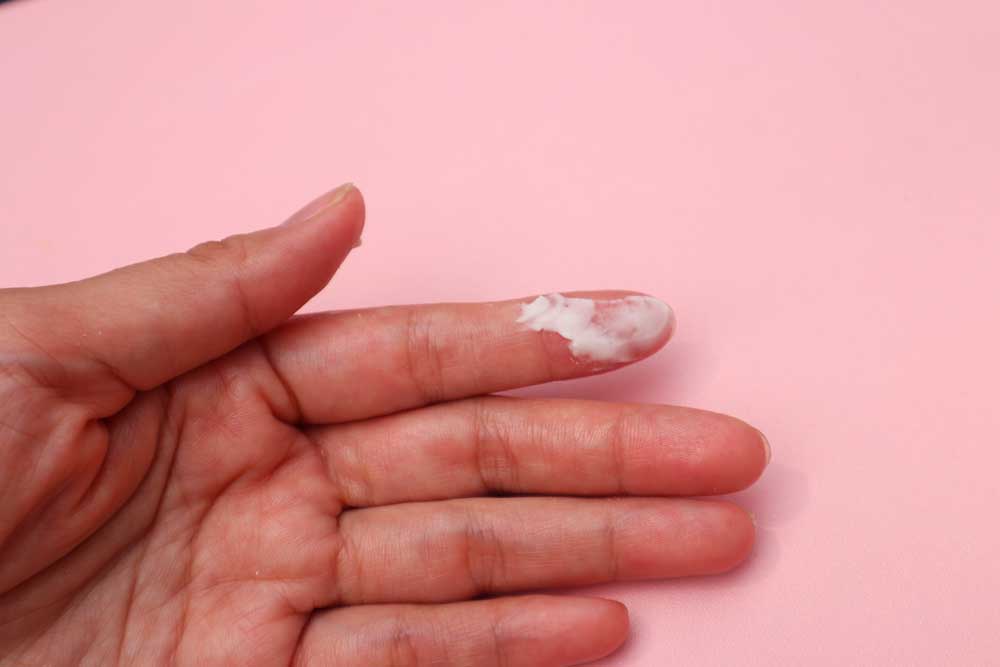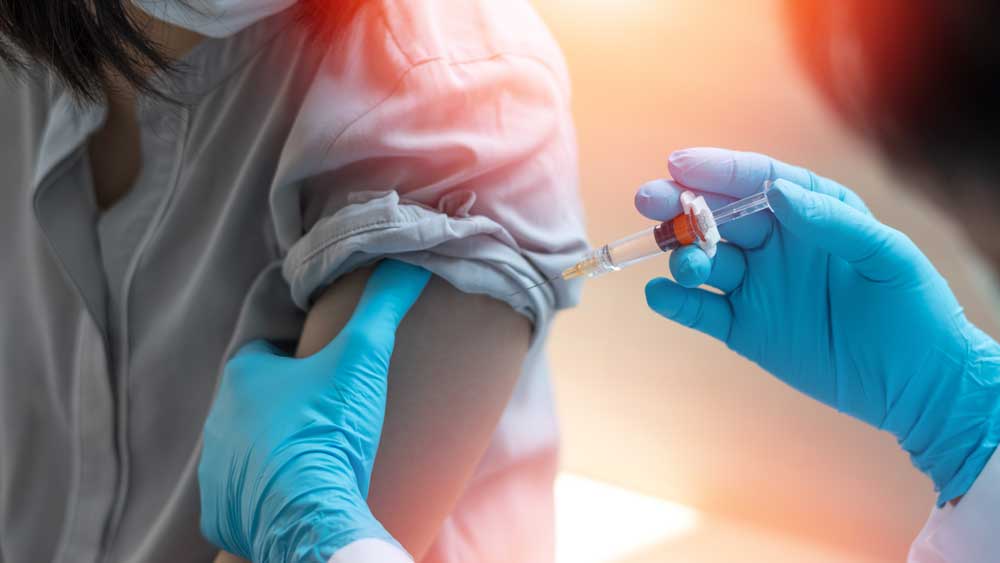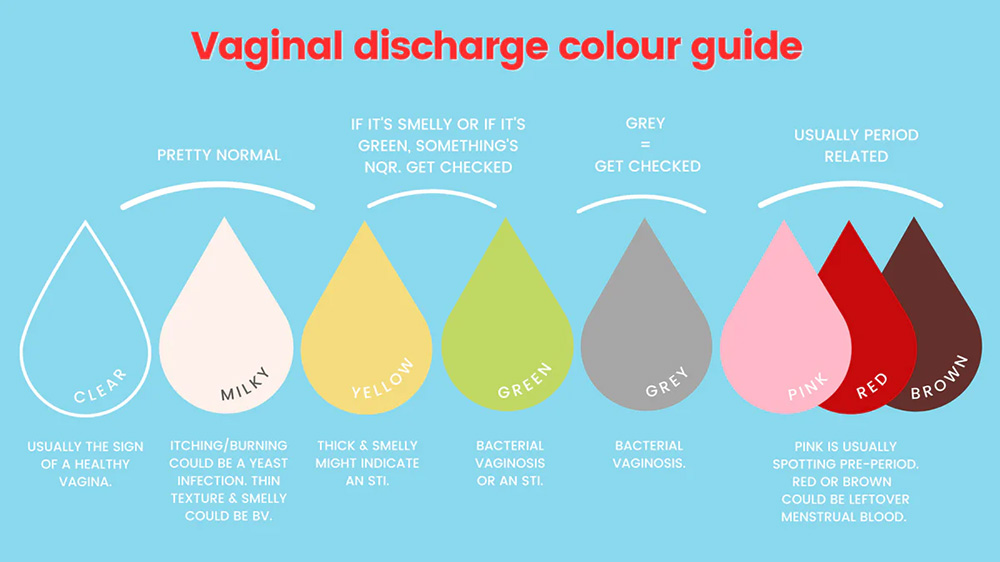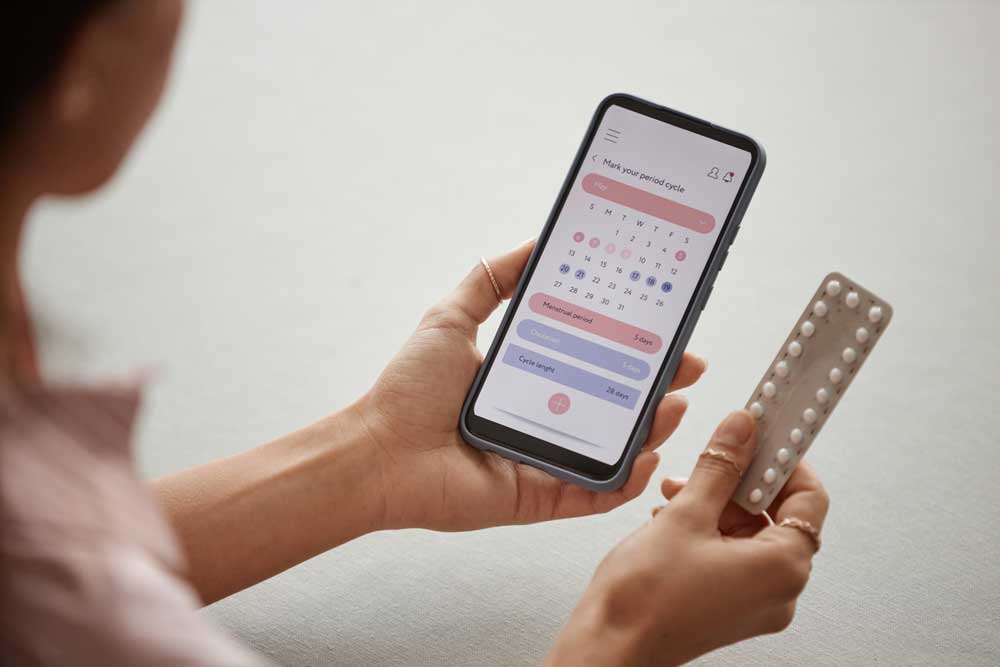Trust us, your gynae is aware of how awkward it can be to ask questions or discuss private affairs such as your menstrual cycle, vaginal infection, getting a pap smear done, or your sexual activity. However, the entire motive of visiting a gynaecologist is to ensure that you are following safe sex practices and you’re your physical and reproductive health is sound. In light of this, Dr Annvi Mashru, Obstetrician and Gynaecologist recommends that the next time you visit your gynaecologist, check your inhibitions at the door and don’t be embarrassed to ask the questions that have been plaguing you.
Dr Annvi shares some fundamental questions every girl/woman should ask her gynae during a check-up, so they she is aware about her reproductive health.

What Is A Normal Menstrual Period?
Most women do not know the normal duration of a period cycle. This leads to unnecessary panic and visits to the gynaecologist. Not everyone will have a 30-day cycle and not everyone bleeds for 5 days. A period is normal if the bleeding lasts for anywhere between 2 -8 days and if the cycle lasts for 25 - 35 days.

How To Maintain Hygiene Down There
Contrary to trending topics and discussions online, your vagina is not supposed to smell like a garden of roses or look super clean and shiny. Pubic hair is a protective layer which is supposed to be kept, and not completely waxed off. Dr Annvi explains, ‘As a gynaecologist, I never tell my patients to shave off their pubic hair completely, I always tell them to trim the hair with a clean pair of scissors. The presence of pubic hair down there is for protective reasons. It helps to keep the bacteria from entering. Keeping the area clean by washing with normal soap and water is enough. Wear clean cotton underwear daily and it should do the trick.’

Do All Women Have Discharge?
Your vagina always has a natural discharge. The quantity and consistency differs depending on where you are in your menstrual cycle. It has a naturally musky odour as well. As long as there is no itching or foul smell from the discharge, it is a normal hormonal discharge.

How Often Should One Visit A Gynae?
A woman should visit a gynaecologist at least once a year for a regular check-up and routine screening tests, if she has no complaints.

Does An Internal Examination Hurt?
Absolutely not! A gynaecologist will perform an internal examination only if you are sexually active. It can be uncomfortable for some but not painful.

Cervical Cancer Vaccine
The HPV vaccine is 100 per cent protective against cervical cancer if taken before starting sexual activity. Ideally, it is given to girls of 9-15 years, and only two doses are required. Post that, 3 doses are required. All women before 45 years of age should take the cervical cancer vaccine. Even men can take the vaccine. It protects against oral cancer variants. Dr Annvi advices., ‘Please remember, taking the vaccine does not excuse you from getting regular PAP smears done. One still has to do them according to the schedule provided by your gynaecologist.’
If You’re Trying To Get Pregnant, What Tests Should You Get Done?
Before planning her pregnancy, a woman should visit a gynaecologist along with her partner for counselling on her fertile window, frequency of the intercourse, and prenatal vitamins. After trying for one year (if the woman’s age is less than 30 years) or for 6 months (if her age is 30 years and above), if she is unsuccessful, she should visit the gynaecologist for further testing. Women should get basic blood tests, hormonal blood tests and sonography of the pelvis to check the condition of their ovaries and eggs. Even the husband’s semen analysis is required.
If one does not want a child immediately, a simple blood test called ‘Sr AMH’ will tell you the quality and quantity of eggs you have left in your ovary and how many years you can wait to naturally conceive or when it is time for egg freezing.
Things Women Should Be Mindful Of If They Don’t Want A Child
The female body has been naturally built for child bearing and motherhood. Not having a pregnancy causes exposure to certain hormones which lead to benign and cancerous conditions of the breast and uterus. If you do not wish to have children, you need to visit a gynaecologist once a year for regular screening of these conditions and to understand the impact on the body.

What Does Vaginal Discharge Indicate
A woman’s vaginal discharge indicates a lot of factors like her vaginal health, fertility, and where she is in her menstrual period. It is different at different times of her cycle. Sometimes excessive discharge causes staining on the underwear due to its naturally acidic nature. This is completely normal. Usually the discharge is creamy or thick just after your periods; thin, egg white-like slimy during your fertile window, and cloudy or white and dry just before your periods.

The Consumption Of Birth Control Pills
Birth control pills are generally safe for a majority of women. They contains hormones in small, measured quantities. When taken daily, these regularise your normal period cycle without the ovulation. In essence, these pills basically stop the release of eggs from your ovaries. The latest generation of pills are safe as they have very low doses of hormones and women can use them daily for long periods. In fact, the government even distributes these pills free of cost for population control at all government hospitals. We generally recommend a 3-6 month gap after using them continuously for a year. In the long term, these pills also have side effects which lead to hormonal imbalances, weight gain, pre-cancerous and cancerous conditions. Their consumption is individualised depending on the woman and her medical history.
Image source: Love wellness, Shopify, Topline, Veenourish